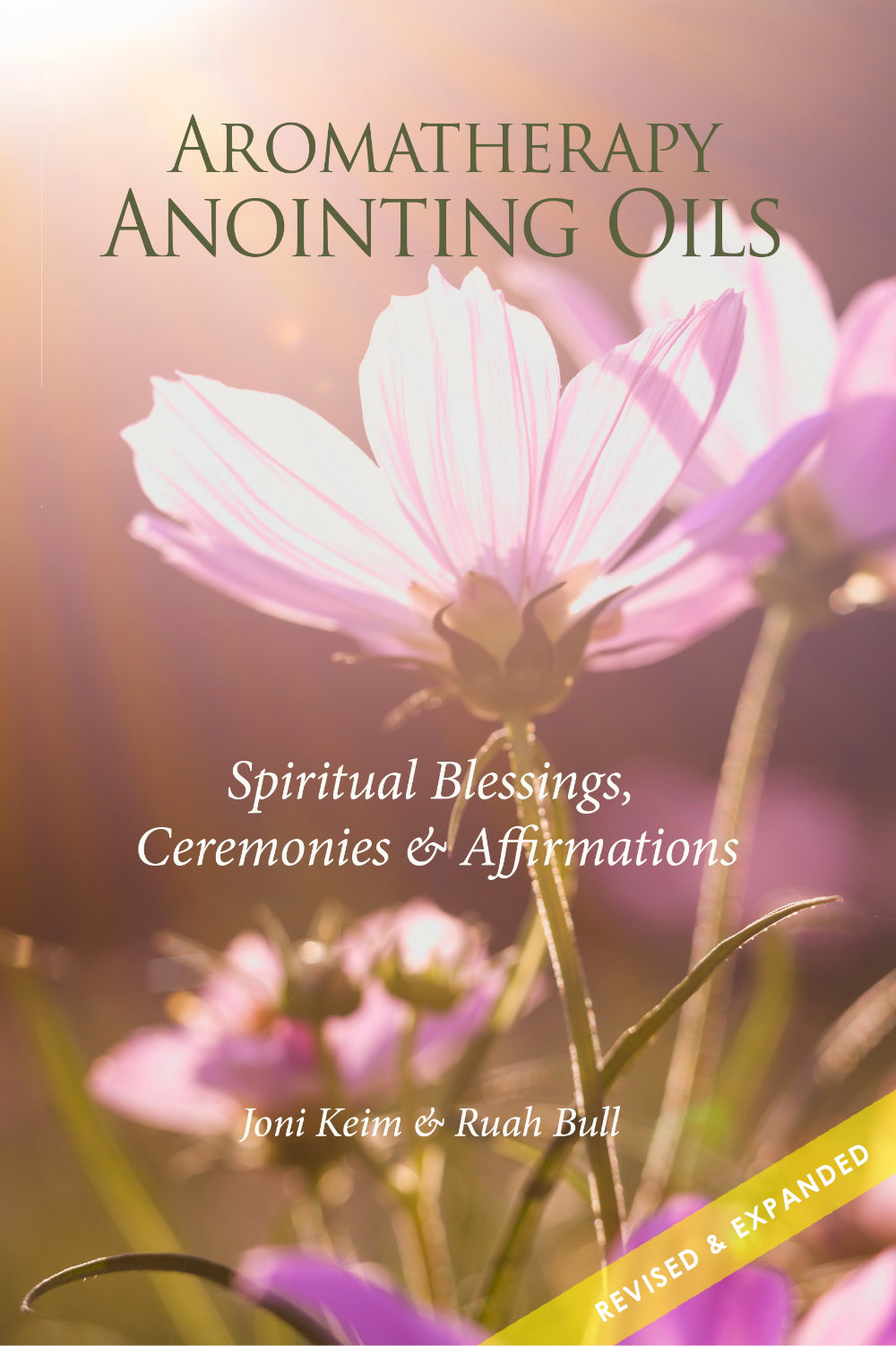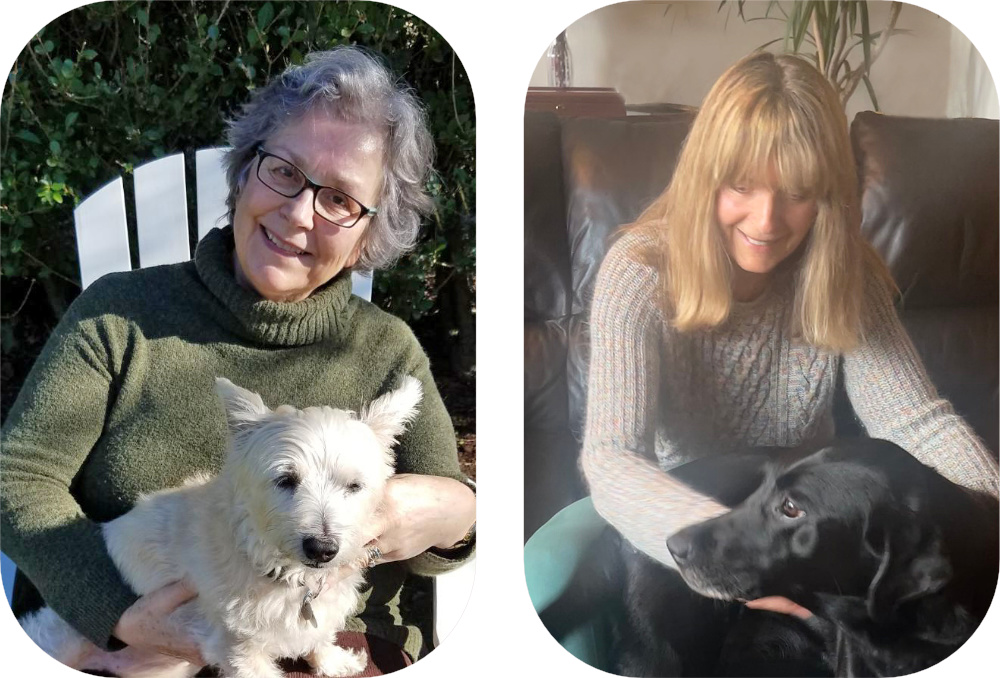FAQs
Who can benefit from subtle aromatherapy and the information on your website?
Aromatic Practice invites women and men and both practitioners and lay people.- Practitioners who want to learn more about subtle aromatherapy for self-care.
- Practitioners who want to learn more about subtle aromatherapy to use with their clients or to possibly to teach it. This may include aromatherapists, energy healers, body workers, and spiritual counselors.
- Practitioners who are already working with subtle energy and vibrational healing, such as with flower essences, Reiki, and chakra balancing, who would like to use subtle aromatherapy.
- Lay people who are interested in alternative health and self-care.
- Lay people who already use aromatherapy and want to learn about subtle aromatherapy.
- Lay people that are already working with subtle energy and vibrational healing, such as flower essences, Reiki, and chakra balancing and who would like to use subtle aromatherapy.
- Spiritually oriented people, including the religious as well as the “spiritual but not religious” who would like to use subtle aromatherapy in their spiritual practice.
What are the essential oils that support meditation and how would I use them?
There are different forms of meditation. Sandalwood or Frankincense support most forms. To be more specific, Sandalwood is a good choice for mindfulness meditation; Frankincense for meditative prayer; and Lavender or Clary Sage for guided imagery meditation.
To use: Place one drop of the essential oil on a tissue and inhale the aroma through your nose, without the tissue touching your skin. Pause. Inhale the aroma once more and then begin your meditation. You can also choose to end your meditation with inhaling the aroma from the tissue. This will strengthen the connection between the aroma and a meditative state.
Should I use an essential oil if I don't like the smell?
In subtle aromatherapy, because the intent is to have a positive experience, the answer is “no.” There are many essential oils that have similar properties that you can choose from. Find one you like. We list essential oils in our books that can replace others, in case a reader can't find them, can’t afford them, or is allergic to them. We suggest looking in Aromatherapy Anointing Oils, Appendix IV.
However, if you find that you really want to use a particular essential oil that you don’t like the smell of—perhaps your intuition is telling you it would be helpful—you can use it by adding another essential oil to help balance or soften the aroma of the oil that doesn’t agree with you.
Lavender is often used to soften other aromas. Place 2 or 3 drops of Lavender on a tissue and add one drop of the other oil, wave it in the air briefly, then gently inhale the aroma from the tissue (without touching your skin). Lavender is a great supportive essential oil, so it can assist with many different intentions.
My art is my spiritual practice, and I was thinking I would like to diffuse essential oils when I am painting.
Are there oils you would suggest?
There are many essential oils that support the process of creativity in different ways. Coriander and Patchouli help to support creative energy. Geranium and Jasmine help to enhance creative intuition and Orange energizes the joy inherent in the creative process. Rose supports creativity in general and energetically links it to the heart and hands, so it is particularly good for people who use their hands with their art form.
Are essential oils taken internally for an Aromatic Practice?
No, they are not. In fact, in some circumstances, they do not even touch the skin.
We are often asked about the oral (ingested) use of essential oils. The ingestion of essential oils is controversial—even amongst essential oil experts. Dr. Kurt Schnaubelt*, author of The Healing Intelligence of Essential Oils and Medical Aromatherapy, refers to ingesting essential oils as “one of aromatherapy’s culture wars” because there are many opinions.
*(Dr. Schnaubelt is one of the world’s leading experts in the science and medical use of essential oils.)
Some aromatherapists comment that essential oils are so effective when applied topically or inhaled that there is no need to take them orally. Others feel there are certain conditions that warrant oral use. In either case, because essential oils are concentrated and have active components, it is important to be informed and understand that using essential oils requires mindful use and being responsible.




